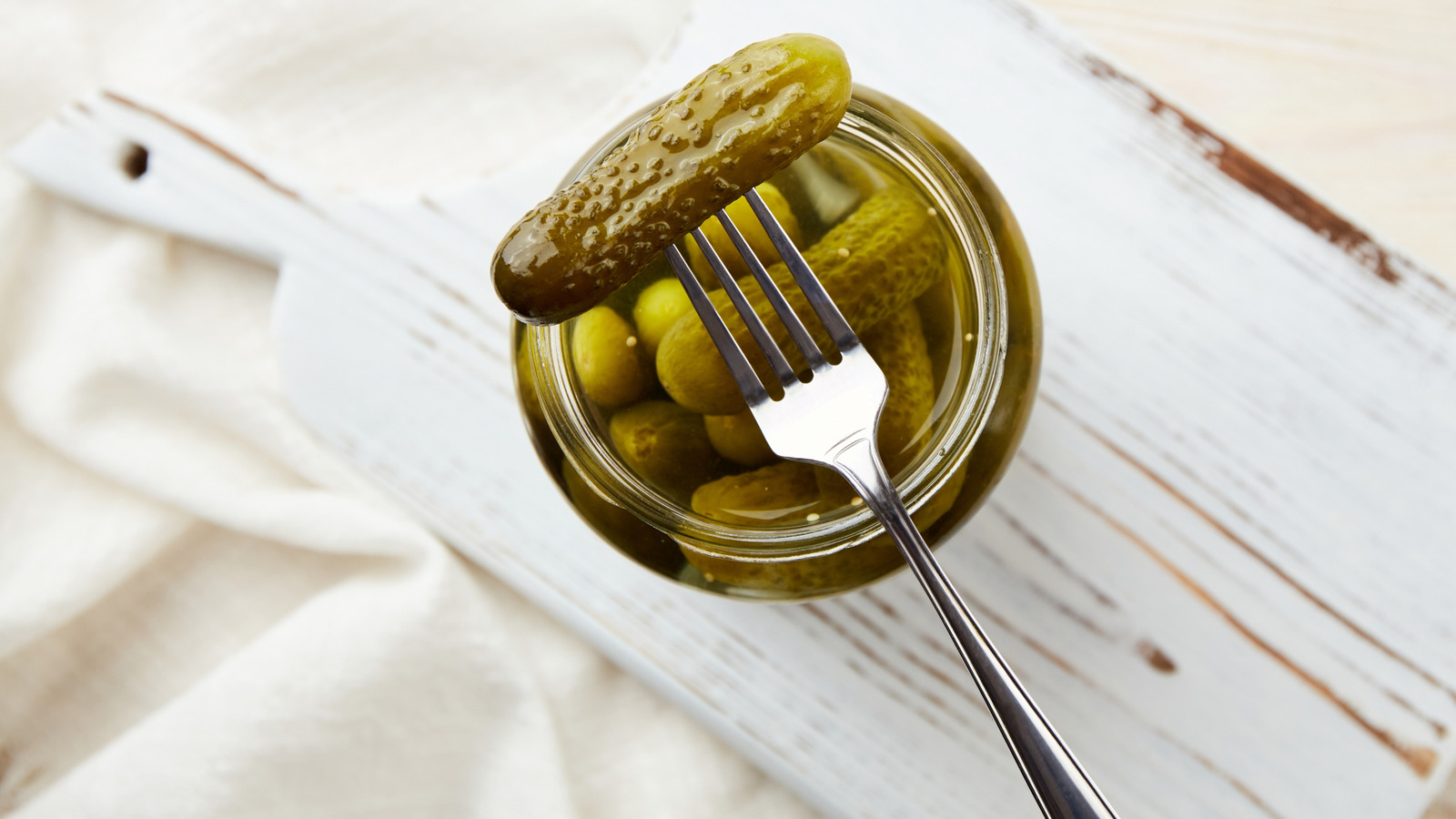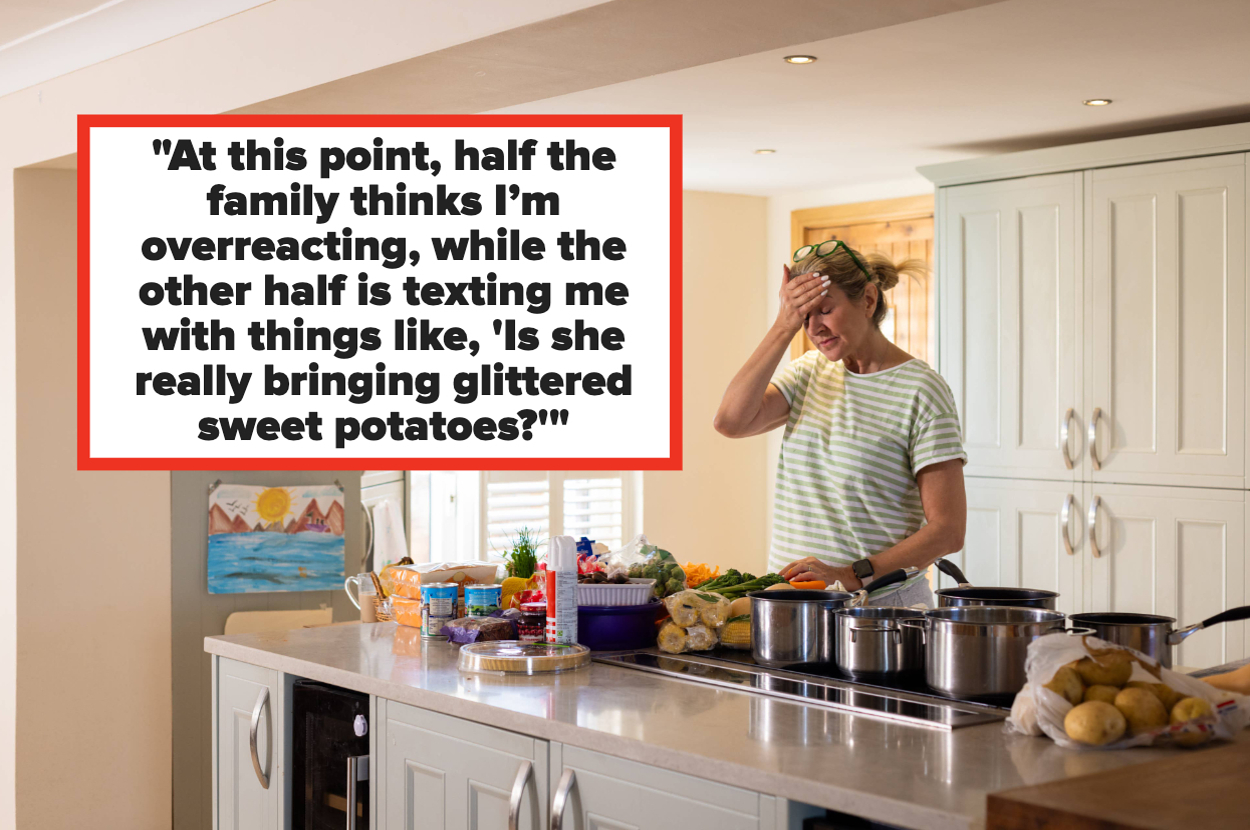When it comes to rules about food, any country, region, or city likely has different customs or traditions — and sometimes even enforceable laws. From Singapore's prohibition on chewing gum to France's ban on ketchup at school cafeterias, some laws make sense from a health or sanitary viewpoint. But some food laws seem so out of touch that it's hard to believe they're real.
In the U.S., nearly every state has some peculiar laws about food – or, at least, is rumored to – and Connecticut is no exception.
Take it's infamous "law" concerning pickles. Some sources claim that Connecticut law requires pickles to bounce for them to be classified as, well, pickles. But is this actually real? Or is it some kind of accidental (or even intentional) hoax? Both the Connecticut State Library, as well as the Commissioner of the Connecticut Department of Consumer Protection, have confirmed that there's no real bouncing pickle law.
In fact, there are no specific Connecticut laws regarding pickles. But there is a reason for this confusion, and it probably stems from the articles and regulations that mention the incident of pickles that didn't bounce. The history of Connecticut's bouncing pickle law The misinformation about Connecticut's bouncing pickle "law" can seemingly be traced to an incident that occurred in 1948.
According to an investigation conducted by a Connecticut NBC affiliate , led to two men were arrested for selling pickles that weren't edible, as they were decomposin.


















